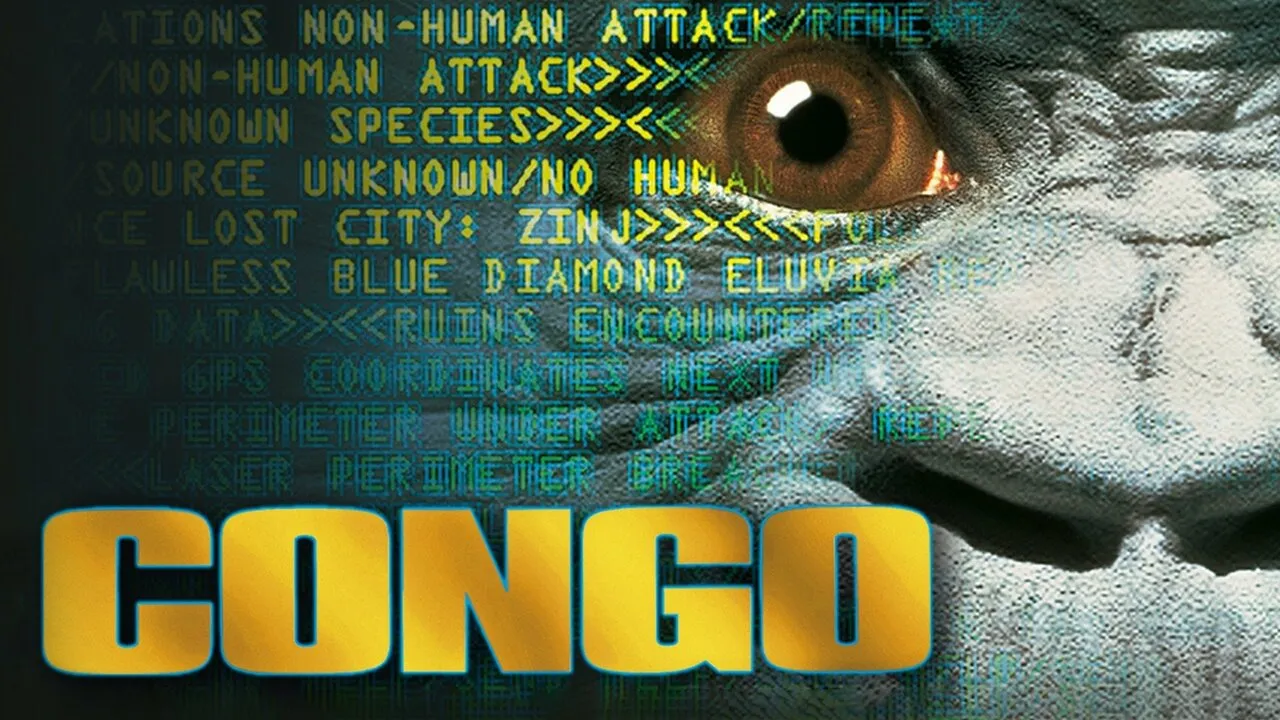Since its arrival on the animation scene, Castlevania has established itself as one of the most successful video game adaptations ever made. With its brilliant writing, breathtaking animation, and morally complex characters, the original series carved a legacy of gothic storytelling on screen. And now, Castlevania: Nocturne, the next chapter in the Belmont saga, continues that legacy with thrilling intensity.
Set during the French Revolution and infused with themes of freedom, bloodlines, and vengeance, Nocturne builds on the mythology of the original show while crafting a story that feels fresh, brutal, and beautifully tragic.
Taking place hundreds of years after Trevor Belmont and Sypha Belnades’ battle against Dracula, Nocturne shifts focus to a new protagonist—Richter Belmont, the last in the bloodline of vampire hunters, who now finds himself entangled in the political and supernatural chaos of 1790s France.
In this world, the aristocracy does not just feed on the poor metaphorically. The vampire elite literally consume the masses to sustain their power. At the top of this twisted hierarchy is Erzsebet Báthory, a self-proclaimed vampire messiah who draws strength from death and worship. Against her, Richter is joined by a cast of compelling allies: the fierce revolutionary Maria Renard, the magical Haitian freedom fighter Annette, and eventually, a familiar face from the shadows—Alucard, Dracula’s own conflicted son.
As the revolution turns bloodier, the battle between humans and vampires becomes a war of ideology, destiny, and ancestral vengeance.
The animation, once again handled by Powerhouse Animation, is absolutely stunning. Every frame drips with atmosphere—moonlit cathedrals, fog-covered graveyards, and firelit riots are rendered with exquisite care. The character designs are both elegant and haunting, with each major figure embodying a different shade of the gothic spectrum.
Action sequences are fluid and savage, combining elegant magical choreography with visceral brutality. Richter’s whip-cracking combat is thrilling to watch, while Annette’s spellwork lights up the screen like electric poetry. But it’s not all violence. Quiet moments—confessions, betrayals, reflections on legacy—are allowed space to breathe, adding emotional depth to the supernatural spectacle.
What makes Nocturne especially powerful is how it treats its characters. Richter is not the stoic hero of legend, but a young man tormented by the ghosts of his past and the crushing weight of his bloodline. His arc is about reclaiming not just his strength, but his sense of self.

Maria Renard, revolutionary and sorceress, offers the perfect counterbalance. Her refusal to remain silent in a world built to silence her makes her one of the series’ most compelling characters. And Annette, drawn from African and Caribbean mythologies, brings fire, fury, and deep emotional scars to the story—representing both resistance and pain in equal measure.
Alucard’s return, though quiet at first, is one of the show’s high points. His presence ties the new story to the original Castlevania series, while also deepening the themes of immortality, memory, and the curse of lineage. Nocturne isn’t just another battle between good and evil. It’s about the dangers of inherited violence, the cost of rebellion, and the murky line between justice and revenge.
The show draws uncomfortable parallels between the vampire class and historical systems of oppression. The revolution serves as more than just a backdrop—it’s a living, bleeding metaphor for the characters’ personal wars. Whether through magic or musket, they are fighting for the right to define themselves.

Religion, identity, power—everything is up for questioning. And Nocturne doesn’t offer easy answers, only the certainty that survival demands sacrifice.
Castlevania: Nocturne is a triumph. It manages to pay tribute to the original series while boldly stepping into new territory. With unforgettable characters, rich thematic depth, and stunning animation, this series proves once again that animated television can be every bit as powerful and cinematic as live-action.
For fans of horror, fantasy, and historical drama alike, Nocturne offers a rare blend of all three—spun into a story that feels both intimate and mythic. It doesn’t just continue the Castlevania legacy. It redefines it.




-1751523398-q80.webp)